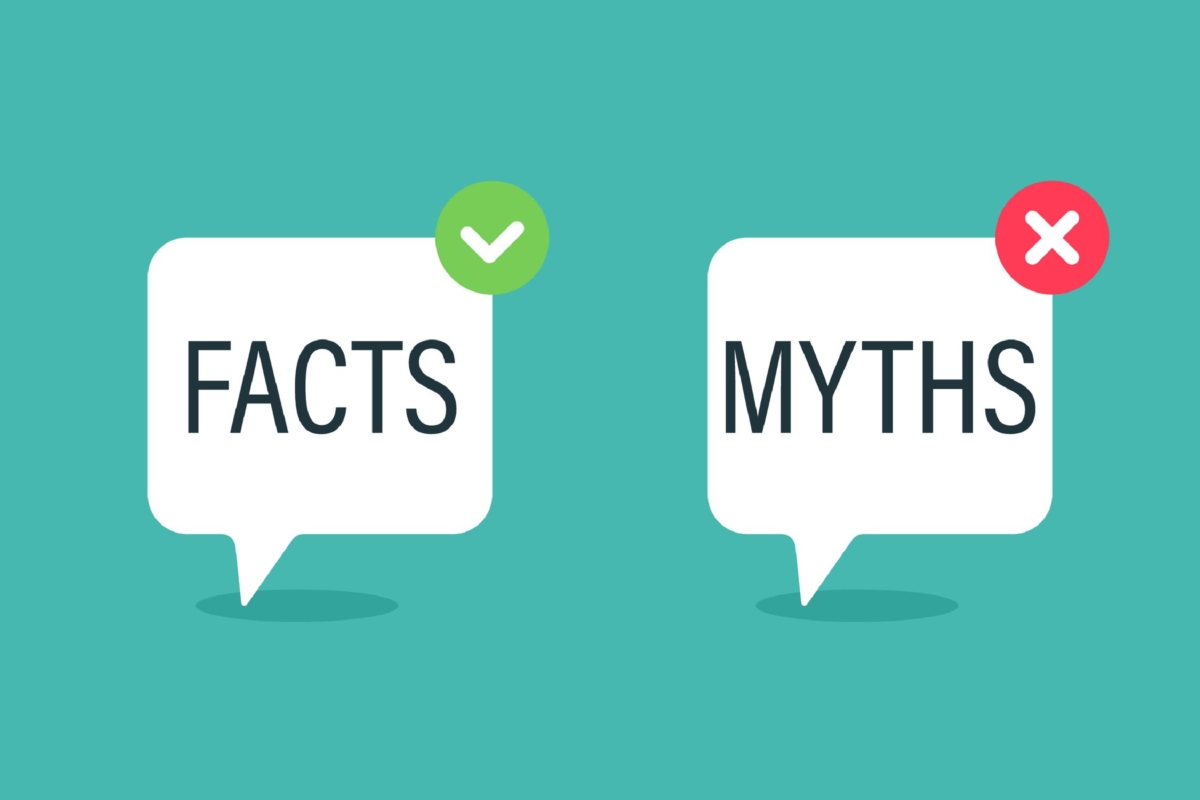
- Homeopathy
- August 22,2024
- BY Shelly Sharma
- 0 Comments
Mental health is an essential component of overall well-being, yet it is often overlooked or inadequately addressed in conventional healthcare. Anxiety, depression, and other mental health conditions are typically managed through medications that aim to suppress symptoms. While these treatments can provide relief, they often do not address the underlying emotional and psychological factors that contribute to these conditions.
Homeopathy offers a different approach—one that focuses on understanding the individual’s mental and emotional journey and promoting holistic well-being. Rather than merely suppressing symptoms, homeopathy seeks to strengthen the individual from within, helping them to navigate and overcome their mental health challenges.
“Excellent practice with highly trained clinicians who truly care about their clients’ well-being. Highly recommend to anyone seeking psychotherapy!”
Dr Shelly Sharma, India
Understanding the Mental and Emotional Landscape
At the core of homeopathy’s approach to mental health is the belief that our mental and emotional states are intricately connected to our physical health. Homeopathic practitioners recognize that conditions like anxiety and depression are not just isolated symptoms but are manifestations of deeper emotional imbalances. These imbalances may arise from a variety of factors, including past traumas, chronic stress, unresolved grief, or even suppressed emotions.
The homeopathic process begins with a thorough and compassionate exploration of the individual’s mental and emotional state. This includes understanding their fears, anxieties, stresses, and emotional triggers. Practitioners delve into the person’s life history, personal experiences, and personality traits to gain a comprehensive picture of their mental and emotional condition.
The Journey to Healing: Feeling Within
Homeopathy’s approach to mental health is not about simply masking the symptoms of anxiety or depression; it is about helping the individual to feel and process their emotions in a healthy and constructive way. Rather than suppressing feelings of fear, sadness, or anger, homeopathy encourages individuals to confront and experience these emotions, allowing them to heal from within.
For example, a person suffering from anxiety might be prescribed a remedy such as Aconitum Napellus if their anxiety is sudden and intense, often accompanied by feelings of impending doom. Alternatively, Argentum Nitricum might be recommended for someone who experiences anticipatory anxiety, characterized by nervousness and fear of the future. These remedies work by helping the individual to face their anxieties and fears, gradually building resilience and emotional strength.
Similarly, in cases of depression, homeopathy seeks to uncover the underlying emotional pain or unresolved grief that may be contributing to the condition. Remedies like Ignatia Amara might be used for individuals who are grieving or experiencing emotional loss, helping them to process their grief and find emotional balance. Natrum Muriaticum, another common remedy, is often prescribed for those who tend to bottle up their emotions, leading to feelings of isolation and despair. By addressing these deeper emotional issues, homeopathy supports the individual in their journey toward mental and emotional well-being.
Strengthening from Within: Building Emotional Resilience
One of the most powerful aspects of homeopathy is its ability to strengthen the individual from within. By addressing the root causes of mental health conditions, homeopathic treatment helps to build emotional resilience and inner strength. This approach not only alleviates symptoms but also empowers individuals to face life’s challenges with greater confidence and stability.
Unlike conventional medications, which may offer temporary relief by suppressing symptoms, homeopathy aims to create lasting change. By promoting self-awareness and emotional processing, homeopathic remedies support individuals in developing a more balanced and harmonious mental state. Over time, this leads to a more profound sense of well-being and a greater capacity to cope with stress, anxiety, and other emotional challenges.
A Holistic Approach to Well-Being
Homeopathy’s approach to mental health is holistic, meaning it considers the entire person—mind, body, and spirit. This is in stark contrast to the fragmented approach often seen in conventional medicine, where mental and physical health are treated separately. By recognizing the interconnectedness of our mental and physical states, homeopathy offers a more comprehensive and effective path to healing.
For example, an individual experiencing anxiety might also suffer from physical symptoms like digestive issues, headaches, or insomnia. Rather than treating these symptoms in isolation, homeopathy addresses the underlying emotional triggers that may be contributing to both the mental and physical symptoms. This holistic approach not only alleviates the immediate symptoms but also promotes long-term health and well-being.
Conclusion: A Path to True Healing
Homeopathy offers a unique and compassionate approach to managing mental health conditions like anxiety, depression, and more. By focusing on understanding the individual’s mental and emotional journey, homeopathy goes beyond symptom suppression to promote true healing from within.
This approach empowers individuals to confront and process their emotions, building resilience and strength along the way. In doing so, homeopathy supports not just the alleviation of symptoms but also the cultivation of a deeper sense of well-being and balance in life.
As more people seek alternatives to conventional mental health treatments, homeopathy stands out as a powerful and holistic option for those looking to heal their minds, bodies, and spirits.








